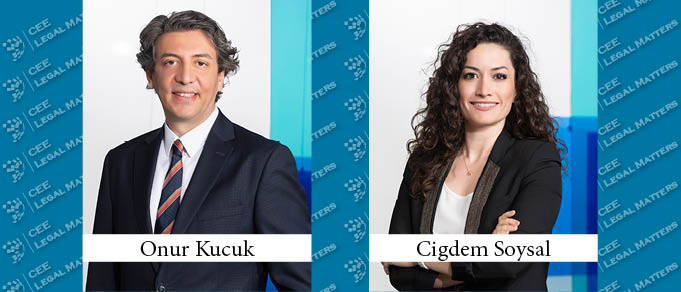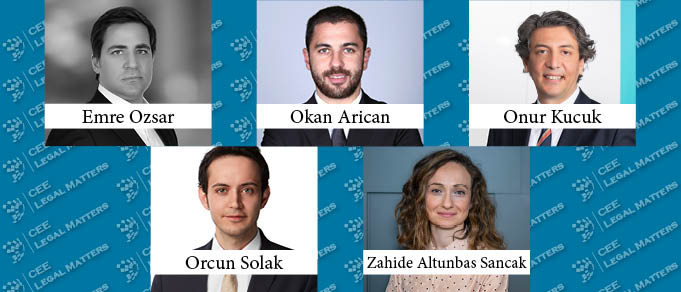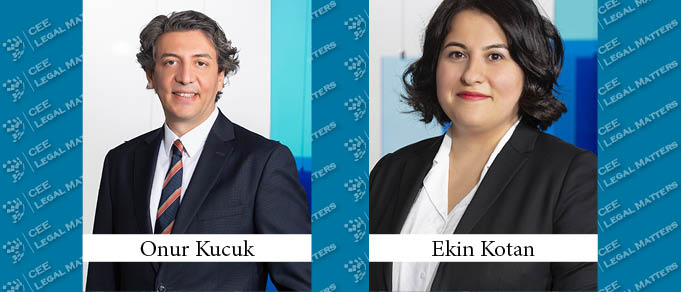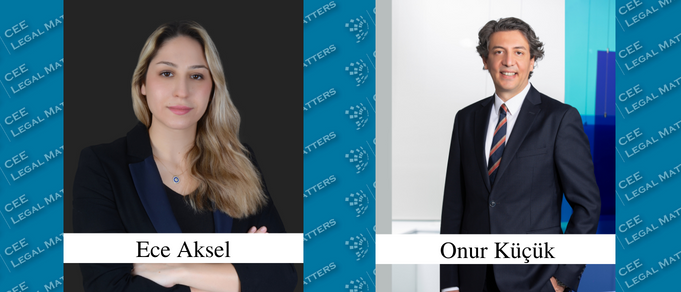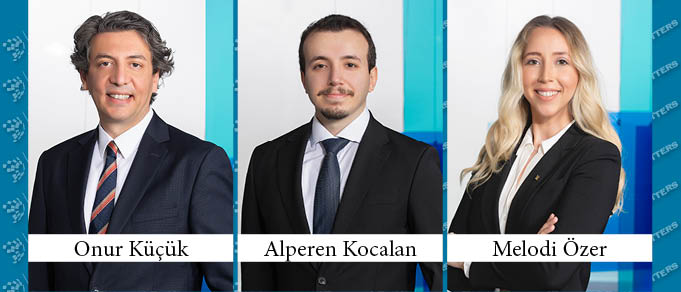Contributed by KP Law.
Remote Work Needs Its Own Set of Rules
The labor markets have been disrupted by the COVID-19 pandemic globally and Turkey had its fair share of lockdowns, economic downturns, and unprecedented shifts in the business landscape. One of these structural changes in, and challenges for, the Turkish market is remote working.
The Turkish Tech Universe: Age of Turcorn
In the past few years, Turkey has experienced a veritable tech miracle. A swath of start-ups, primarily in the gaming and e-commerce sectors, has attracted multi-billion-dollar investments and achieved record valuations. Two companies have even reached decacorn status – a valuation of over USD 10 billion.
Financial Restructuring Trending in Turkey
Recent decades have witnessed economic turmoil, crises, recessions, inflation surges across the world, and, lately, the long-lasting effects of the pandemic globally. During these downturns, the issue of financial restructuring has surfaced as a key concern of policymakers, financial institutions, and market players.
Kinstellar, PwC Legal, and Paksoy Advise on Plastic Omnium's EUR 520 Million Acquisition of Varroc Lighting Systems
Kinstellar and Paksoy, working with Linklaters' Paris office, have advised Plastic Omnium on its EUR 520 million acquisition of Varroc Lighting Systems from Varroc Engineering Limited. PwC Legal, working with Willkie Farr & Gallagher, advised Varroc on the sale of its automotive lighting systems business in the Czech Republic. White & Case reportedly advised a syndicate of banks on financing the transaction. Khaitan & Co, Creel Garcia-Cuellar Aiza y Enriquez, Lefosse, and Bennani & Associes reportedly advised Plastic Omnium in India, Mexico, Brazil, and Morocco, respectively.
Accountability or Not, the Ultimate Question for AI
Today, the futuristic enthusiasm which was created in minds with the term "artificial intelligence" is accompanied by some anxiety for uncertainty. The term "artificial intelligence", about which a wide variety of definitions have already been made, means systems or machines that imitate human intelligence to perform tasks and can gradually improve itself with the information it collects. Autonomous delivery robots that can bring our orders to our home, a chess robot that breaks its opponent's finger in an uncompromising way because of a faulty move, robot surgeons which successfully perform abdominal surgery without any help and many other AI algorithms that can write poetry, produce visual works, and write articles for newspapers…
Winds of Change @ E-commerce
The Turkish Law No. 6563 on the Regulation of Electronic Commerce (“E-Commerce Law”) adopted in 2014, basically regulates the responsibilities of e-commerce service providers ("Service Provider") and e-commerce intermediary service providers (“Intermediary Service Provider”), the contracts made over electronic communication tools and their obligations to provide information based on electronic commerce, and the sanctions that can be applied. The E-Commerce Law also aims to provide an environment of trust in the electronic commerce market, protect personal data, the confidentiality of communication, and protect consumers in their transactions in the electronic commerce Marketplaces (“Marketplace”).


